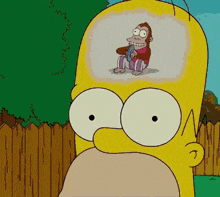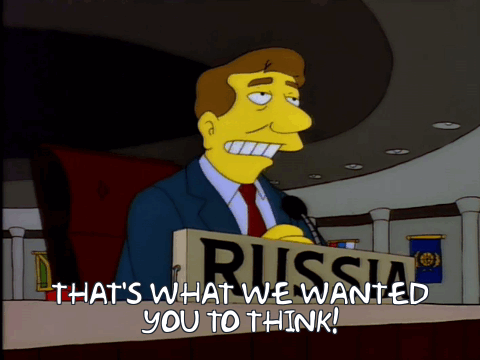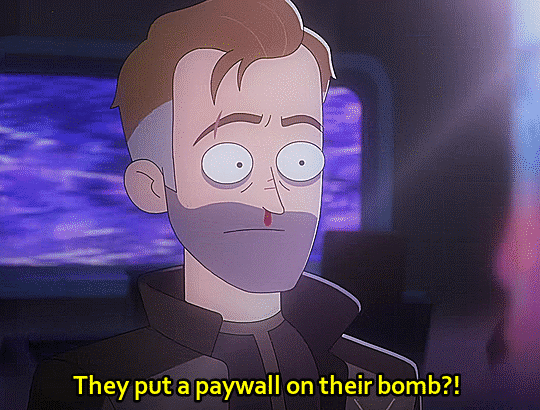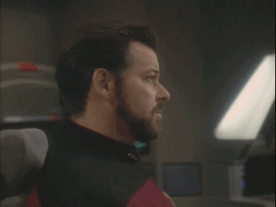Brack City
There’s a new brain game to occupy my morning coffee. Move over Connections and Waffle (covered here: The Secret Instuctions to Brain Games). As of April 8, Bracket City is free to play on The Atlantic, with promises from “The Mayor” of programmatic improvements to come. The daily puzzle is retroactive, so you can play any game dating back to January 1, 2025.
Each puzzle contains a 16-clue bracket, which I guess is an homage to tournament brackets. Your goal is to correctly fill in one word (or number) per clue to form a final phrase, headline, event, or cultural reference related to the date. Solving the full bracket earns you a score and a link to the related Wikipedia article.
To play, start by solving the yellow-highlighted clues. A correct guess turns green and may unlock new yellow clues. If you're stuck, many players find it helpful to work from the outermost (unhighlighted) clues inward. This “outside-in” method can reveal patterns missed when focusing too narrowly. If needed, clicking a clue reveals the first letter (–5 points), and clicking again shows the full answer (–5 more).
Tips for Bracket City Solvers:
Understand the syntax. Brackets [ ] represent standalone clue groupings; parentheses ( ) usually indicate that part of a word is already shown—a prefix, suffix, or missing letter.
Parenthesis used to indicate the first letter of a word, after clicking on a clue, will be obvius.
Match your word to its neighbors. Don’t solve clues in isolation. Always check if your guess fits logically with the bracket’s surrounding answers.
Look for word fragments. For example, if you see
[part of the body]o, think about what body part could combine with “o” to form a word. “Armo”? “Heado”? No. But “leg” + “o” = Lego, a perfectly cromulent answer.Be precise. Bracket City is strict. “2” and “two” are not the same. Neither are “runner” and “runners.” The answer must match exactly.
This is where Crossword players have an advantage. We know that “24 in a day” is different to “one of 24 in a day”. We know that a capitalized letter in a clue indicates a proper noun, and a question mark indicates a pun clue or tertiary definition.
No typos allowed. Spelling really matters, so be careful of what you enter. A single letter off and you not only lose 2 points, but may think your very hot answer is cold.
Capitalization doesn’t matter with answers, but spelling does.
Watch tense and number. A clue might call for a plural, past tense, or a proper noun. Always double-check form.
Work the bracket. Use the visual structure to your advantage. If a pair feels off, revisit earlier guesses. You may solve your way out of a hole by coming back to it later.
Avoid premature hints. Clicking a clue to reveal a letter costs 5 points. Clicking again to show the word costs another 5. Incorrect guesses only cost 2. If you're completely lost on all the clues, revealing may make sense. But if you're debating between 2-4 solid options, and feel confident one is correct, game theory says to take a guess.
Note 1: I had 2 characters display wrong on my phone, so I find it a bit easier on the computer.
Note 2: There are settings available for “hard mode” and dark mode.
Bracket City requires some patience and practice, but it’s a great game. Go give it a try.







